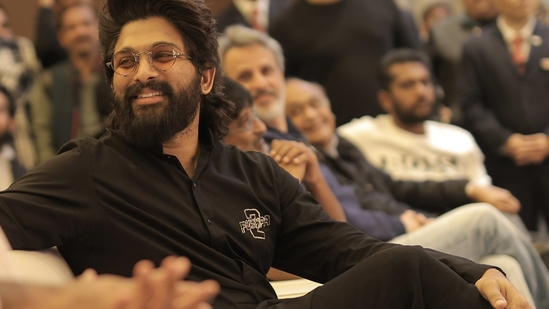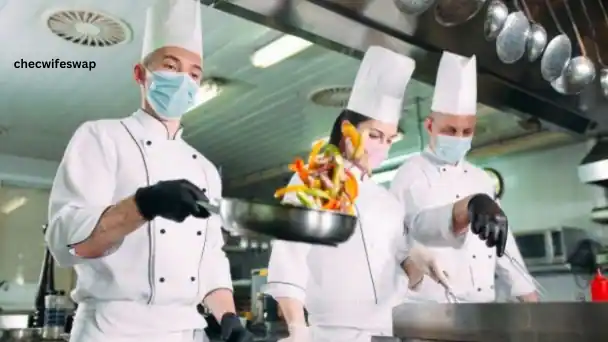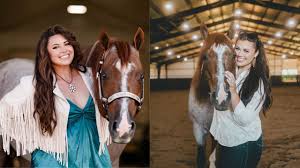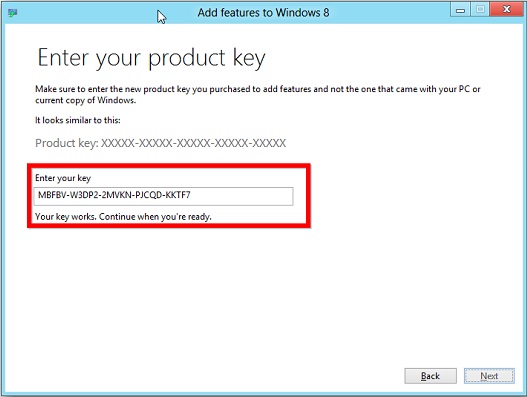Table of Contents:
- Introduction to the robs of hobnobbing
- The Robs of Hobnobbing clue and its difficulty level
- Strategies for solving tricky crossword clues
- A step-by-step breakdown of how to solve the Robs of Hobnobbing clue
- Other challenging NYT crossword clues and how to solve them
- The satisfaction of completing a difficult crossword puzzle
- Conclusion: Keep honing your skills and take on more challenging puzzles!
- FAQs:
Introduction to the robs of hobnobbing
Robs of hobnobbing: Crossword puzzles are enjoyable and help stimulate our minds differently. Other than the common words that might be familiar to many regular crossword users, one brutal example has to be the phrase “robs of hobnobbing.” How should one interpret this phrase? What exactly is this puzzling clue trying to convey? Whether leisurely with a newspaper or crossword enthusiasts, amateur and professional solvers look forward to such challenges and anticipate solving them creatively. Let’s focus on the details of this particular clue, strategies to tackle it, and other difficult ones during your NY Times crossword puzzle experience!
The Robs of Hobnobbing clue and its difficulty level
Even blank-faced crossword fans will raise an eyebrow at the phrase “robs of hobnobbing.” It is a somewhat unusual image-less English language expression.
This particular hint relies on mixing and distributing information, which can be difficult for those who have yet to grasp the concept. It’s not just the syntax. These combinations of words are a real puzzle rated above the average level of vocabulary knowledge.
Such puzzles are classified as interpreting pictures, borderline. They require the solver to think of situations and puns rather than mere and straightforward definitions of word forms. In the opinion of many solvers, this contradiction enhances the pleasure of solving the puzzle—enjoying the challenges offered.
If you struggle with clues of this nature, do not worry—this is a common situation, and many people lose hope! On the contrary, such tough entries must be seen as a chance to build a new skill or experience a new dialect.
Strategies for solving tricky crossword clues

However, after receiving a difficult crossword clue, begin by reading the whole clue. Try to concentrate on every letter. Some words can be turned around to make things work much better.
Look at the words and their other meanings as well. One word can have several meanings in connection with your crossword’s theme.
In conclusion, consider the patterns of the letters. Having some letters already there gives you a direction of the answer.
Always look up words or phrases you could be more comfortable with in resources or applications. Look at other clues as well; otherwise, there are many occasions when the clues remain unburied.
When you get stuck, take a step back from the puzzle and try it again after some time. Restricting yourself to doing too many things at a time is not a good practice.
A step-by-step breakdown of how to solve the Robs of Hobnobbing clue
Let’s explore the first clue thoroughly. The label ‘Robs of hobnobbing’ hints that a specific action is related to socializing or mingling with others.
After that, consider the expression “robs,” which is already a negatively connoted word. It could mean taking or stealing something from an interaction.
Now, aim your attention on ‘hobnobbing.’ This word usually describes the mixing with people who are in high circles. What do you think someone can rob in this case? A bond?
Try merging your short answers with the long ones and vice versa. You will find suggestions if you pay attention to the descriptions of the ‘up and down chambers’ ukroyti series of the puzzle words.
The best way is to write out your ideas as they come to you because, often, answers can be buried in unorganized facts. Does every letter you have completed on other clues and every letter you are guessing the following letter will complete… that’s how the nature of crossword puzzles is.
Remember the last tip: follow your gut. Your gut feelings are usually accurate. Go for it!
Other challenging NYT crossword clues and how to solve them
Crossword puzzles are also more complex. Certain clues can even be elusive for the most experienced members of the solving community, leaving them puzzled.
Consider the “Feline philosopher” clue, which could suggest several sorts of famous cats but is a narrow reference to a single children’s book phrase. Knowing a bit about a more fantastic setting, pop culture, or literature can help decipher tricky clues.
Of course, there’s the old favorite, “Missing link.” This might be anything from an archaeological term to fitting into the missing link for internet connections. Both these clues depend on the context; it’s all about getting the focus of what the clue is asking for.
Another common problem facing solvers comes from and is best exemplified by words such as “Sole,” frequently used in Sometimes Ask For A Fish Campbell.
Keeping your mind open and flexible makes solving these puzzles much more fun. Every tough clue helps one learn something new—expand the vocabulary scope!
The satisfaction of completing a difficult crossword puzzle
You’ve completed the crossword puzzle and can’t deny that it’s one of the greatest feelings of satisfaction. Each puzzle has been resolved, enabling you to be proud of your skills and determination.
There’s always a rush of pleasure as you fill the last couple of boxes. The challenge is worthwhile; those challenging clues become delightful discoveries. Finishing the grid is one of many motivations; the process is enjoyable.
In this case, the brain is actively involved. By engaging in this exercise, you may remember unfamiliar knowledge, make apparent unrelated associations, and even pick up new vocabulary. Do you remember when the confusion dissolves, and everything falls nicely into place? Wouldn’t it be great if you could make a big deal out of crosswords without working in a newsroom?
What enhances the experience is that you may boast about your achievements in victory. Sharing the joy of hard-won success with your comrades is always gratifying – every letter matters.
Crosswords are certainly brain teasers, but they also promote mindfulness and inquisitiveness. After completing a challenge, you know that more advanced levels expect you to break through those doors.
Conclusion: Keep honing your skills and take on more challenging puzzles!
Crossword puzzles can also be fun as a pastime and help expand vocabulary. So, while tackling that cryptic description, ‘deprived of banter,’ I suggest staying hopeful. Winning a particular puzzle fuels the player’s satisfaction, motivating them to take up the next puzzle.
With time, everything will be pretty smooth, and you will develop your strategy to tackle the most challenging clues. Embrace the difficulty and never put those skills to waste; go ahead and try more challenging crosswords. After all, every crossword is worth taking up and helps promote language understanding uniquely.
FAQs:
What is “robs of hobnobbing”?
It means losing networking opportunities.
Why is “robs of hobnobbing” important?
It affects connections and growth.
How can “robs of hobnobbing” hurt careers?
It limits access to critical networks.
Can “robs of hobnobbing” be prevented?
Yes, by fostering inclusion.
Who faces “robs of hobnobbing”?
Professionals needing networking access.















Leave a Reply